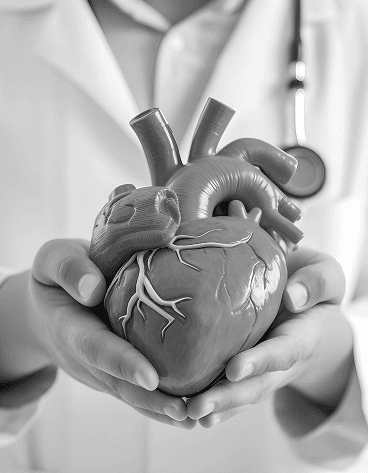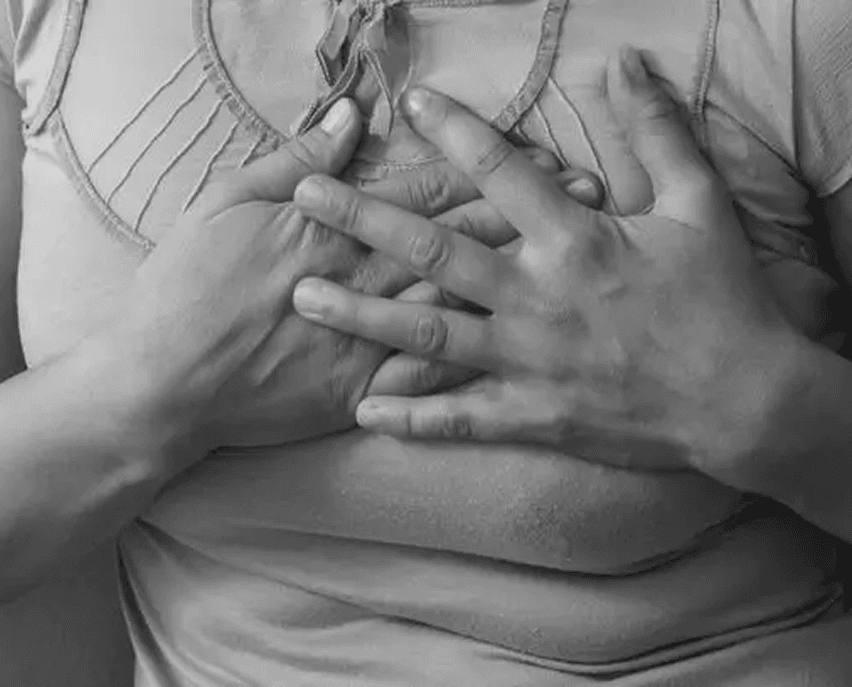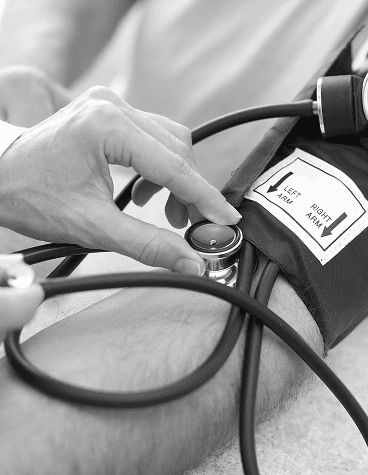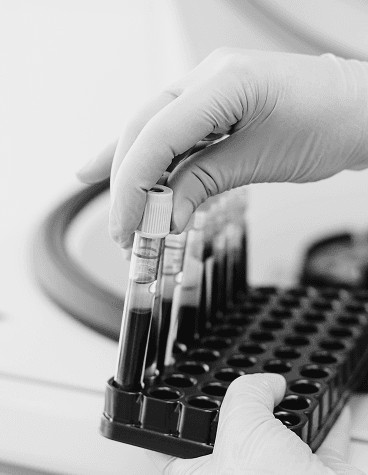Cardiovascular disease is the world's leading cause of death. According to the World Health Organization, they are responsible for 17.9 million deaths worldwide each year, or 31% of all deaths. In France, cardiovascular pathologies are the second leading cause of death, just after cancer, and are responsible for around 150,000 deaths a year and 400 deaths a day. Cardiovascular risk assessment (CRA) consists of taking stock of all cardiovascular risk factors and deducing the probability of developing a cardiovascular complication.
Cardiovascular diseases and strokes (CVA) encompass a diverse range of common and serious conditions.
There are several causes of cardiovascular disease:
By helping your patients adopt healthy lifestyle habits, you can help them significantly reduce their risk of cardiovascular disease.















